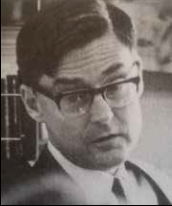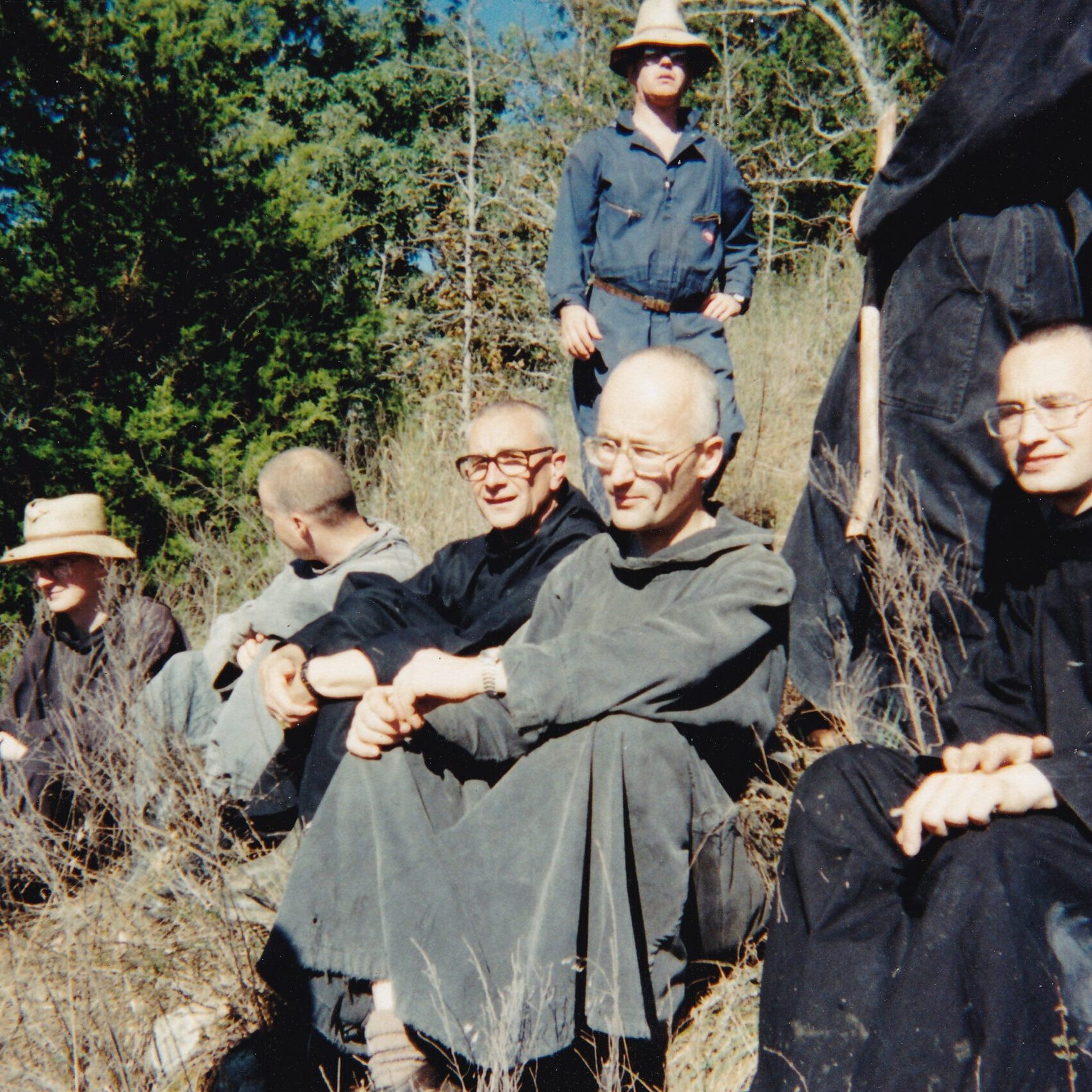Dear Friend of Clear Creek Abbey,
And [the man] said to the dresser of the vineyard: Behold, for these three years I come seeking fruit on this fig tree, and I find none. Cut it down therefore: why cumbereth it the ground? But he answering, said to him: Lord, let it alone this year also, until I dig about it, and dung it (Lk. 13:7-8).
As our agricultural experts inform us and our farmers—after generations of experience—concur, the fertility of soil implies a kind of balance. The scientist will speak to us of the pH factor,  a measure of the relative proportions of acidity and alkaline qualities, assuring us that soil apt for growing all sorts of useful plants needs to have a good equilibrium between the two ends of the spectrum. The traditional farmer simply recognizes the difference between good soil and poor, knowing as well, like the dresser of the vineyard mentioned in the Gospel, how to mend it.
a measure of the relative proportions of acidity and alkaline qualities, assuring us that soil apt for growing all sorts of useful plants needs to have a good equilibrium between the two ends of the spectrum. The traditional farmer simply recognizes the difference between good soil and poor, knowing as well, like the dresser of the vineyard mentioned in the Gospel, how to mend it.
Interestingly enough this simple principle of agriculture can aptly be applied mutatis mutandis to our purposes on a higher level.
John Senior (1923-1999), the centennial of whose birth we are celebrating this year, wrote the following passage in his seminal work (pun quite intended) entitled The Death of Christian Culture:
Culture, as in “agriculture,” is the cultivation of the soil from which men grow. To determine proper methods, we must have a clear idea of the crop. “What is man?” the Penny Catechism asks, and answers: “A creature made in the image and likeness of God, to know, love and serve Him.” Culture, therefore, clearly has this simple end, no matter how complex or difficult the means. Our happiness consists in a perfection that is no mere endless hedonistic whoosh through space and time, but the achievement of that definite love and knowledge which is final and complete. All the paraphernalia of our lives, intellectual, moral, social, psychological, and physical, has this end: Christian culture is the cultivation of saints ( John Senior, The Death of Christian Culture (New Rochelle, N.Y.: Arlington House, 1978), p. 8).
So, applying the lessons of lower agriculture to the higher, what can we say of our cultural pH, so to speak? How good is the current balance in the human soil, from which we live as rational beings meant by God for high purposes? These things ebb and flow along the centuries, of course, but it now appears quite certain that over the past fifty years there has been an excess of “alkaline” (solubility) in our human soil, perhaps in reaction to the higher acidity (rigor) of other epochs. One thing certain is that the upcoming generation, by instinct of spiritual survival, is seeking more structure and contact with the great Catholic Tradition than the preceding one. These young people are feeling a need to mend or improve the soil.
The point is not that this mending of our cultural ground is simply a matter of choosing one side of a polarized political debate (especially when, in some cases, there can be no debate about non-negotiable moral options); nor is it about walking a cowardly “middle road” according to expediency. Rather it is all about returning to the true Catholic balance of things, both in the secular sphere, and, more importantly, in terms of the daily life of the Church.
It seems that for some in our day the solution to the woes we experience, faced with a fading Christian culture in much of the world and even with a diminished parish life—, the best solution, they think—, would be, as with the man who had a vineyard in the Gospel passage quoted above, simply to cut the tree down, to “cancel” the whole thing we have thought of as our Western Civilization. How unfortunate! It is quite true that, as of late, we are living in a cultural wasteland, a devastated vineyard: we need but open our eyes. But the Kingdom of Heaven cannot be canceled, nor can Christian Civilization disappear entirely—even if other institutions suffer such a fate.
In his classes John Senior would point out that in the 1930s, during the dust bowl, especially in Oklahoma, nothing would grow on the impoverished soil but Russian thistle (“tumble weed”). It was thanks to this poor plant that all the cattle did not utterly perish. Even human beings cooked it to avoid starvation, until the soil could be mended.
In any case, we must look to the cultural soil and its improvement in order to cultivate a crop of new saints. At Clear Creek Abbey we are striving to do our modest part in this, especially by the solemn celebration of the holy liturgy, that seedbed of Christian culture. Will you help us? Will you take your share in this spiritual agriculture?
br. Philip Anderson, abbot






